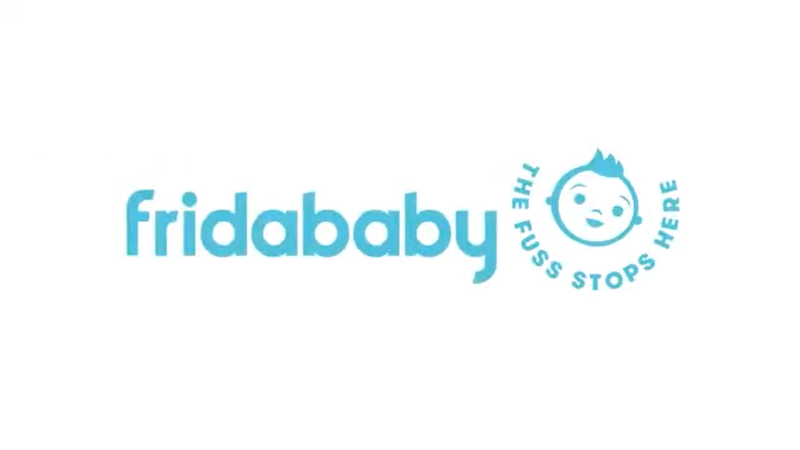No, We Do Not Need to Ditch the Term “Evangelical”
Sign up for a six month free
trial of The Stand Magazine!
There is no denying that there is a considerable degree of theological fuzziness in just about every branch of the church. So much so that many people I respect believe it’s time to dump the term “evangelical” as too shop-worn and ill-defined to be of much use.
They suggest we all agree on a new term to supersede it.
The problem here is that somebody is going to have to pick the new term and then define it. Given contemporary trends, there is no way to predict exactly how creative, elastic, and vague this new term may turn out to be. In trying to clear up the confusion about one word, we may simply wind up confused about the meaning of two words instead of just one.
No, “evangelical” is a perfectly serviceable word. It does not need to be retired or taken out of service. It only needs a little clarification here, a little firming up there, a little trimming over here to be rehabbed and restored.
But it does need to be clarified so that when people use the term, everybody knows what it means. A word that can mean anything anybody wants it to mean is useless.
CS Lewis observed that the term “gentleman” used to have a concrete, value-free meaning, to refer to a man who owned landed property. To be called a “gentleman” was not a compliment, it was simply a statement of fact. So I suggest we use the following list to identify people and ideas who actually qualify to be called evangelical.
“Evangelical” comes from the Greek word euangelion, which means “good news” or “the gospel.” So an evangelical is someone whose worldview is centered in and saturated with the gospel. Now it’s important to understand that by “gospel,” Paul and the other New Testament writers mean far more than “God loves you and has a wonderful plan for your life.” When Paul uses the term “gospel” in Romans, he uses it to refer to everything he taught, the whole counsel of God. All of Romans is “the gospel,” not just the Roman Road parts.
Others will certainly quibble with some of the lines I will draw below, but let’s remember that the point here is to be as objective as possible about what the term means.
So here is what an evangelical believes. If he doesn’t believe something that’s on this list, it doesn’t at all mean he’s a bad person, it just means he’s not an evangelical.
Theologically, the baseline for an evangelical is the inspiration, infallibility, and authority of the entire Bible. “All Scripture is breathed out by God and profitable for teaching, for reproof, for correction, and for training in righteousness” (2 Timothy 3:16). This means that while some will feel free to discard certain New Testament views as cultural rather than inspired - say, with regard to homosexuality or marriage - an evangelical does not.
An evangelical holds to an orthodox view of the person and nature of Christ. An evangelical believes in the eternal pre-existence of Jesus Christ as the second member of the Trinity, His virgin birth, His sinless life, His substitutionary death as the sin-bearer for all humanity, His physical resurrection from the dead, the Great Commission, and His eventual triumphal return to earth from the place where He now sits at the right hand of the Father.
Now when it comes to cultural and political issues, which is the focus of this column, here is what anyone who calls himself an evangelical must believe.
- An evangelical believes that marriage is exclusively the union of one man and one woman (Genesis 2:24, Matthew 19:5-6, 1 Corinthians 7:2). “For this reason, a man shall leave his father and mother and hold fast to his wife, and they shall become one flesh” (Genesis 2:24). Thus an evangelical will oppose any attempt to normalize any other kind of relationship by calling it a “marriage,” whether it’s a same-sex relationship or a polygamous one. An evangelical will resist any attempt to normalize any sexual union outside a marriage between one man and one woman, whether the union is a matter of sexual immorality, prostitution, adultery, or homosexuality, and will believe that all such counterfeit couplings should be contrary to sound public policy.
- An evangelical believes that there are two - and only two - genders. “Male and female he created them” (Genesis 1:27). Thus anyone who calls himself an “evangelical” will oppose all attempts to normalize transgenderism through bathroom or employment policy.
- On abortion, an evangelical will believe in and seek to protect the sanctity of every human life, from the moment of conception until natural death. “When the sound of your greeting came to my ears, the baby in my womb leaped for joy” (Luke 1:44). An evangelical will not rest until the life of every baby in the womb is protected by law and welcomed in life.
- On environmental policy, an evangelical will believe that man is God’s appointed vice-regent over all creation. Man is not a noxious weed or an intruder but designed by God to steward the resources of the earth and convert them to human use. “The Lord God took the man and put him in the garden of Eden to work it and keep it” (Genesis 2:15). Further, an evangelical will believe that man is created in the image of God but animals are not, and will resist any effort to obliterate this distinction. “So God created man in his own image, in the image of God he created him” (Genesis 1:27).
- On immigration policy, an evangelical will believe that borders around nations are God’s idea, not man’s, and are to be respected and protected. God “determined allotted periods and the boundaries of their dwelling place” (Acts 17:26).
I’m sure this list could easily be extended, but these five issues are on the front-burner of social and moral issues today. To be sure, decent human beings may disagree over these issues. But the point here is quite simple: a man may disagree with the biblical position on any one of these issues, but if he does, he must not call himself an evangelical.

Sign up for a free six-month trial of
The Stand Magazine!
Sign up for free to receive notable blogs delivered to your email weekly.



















